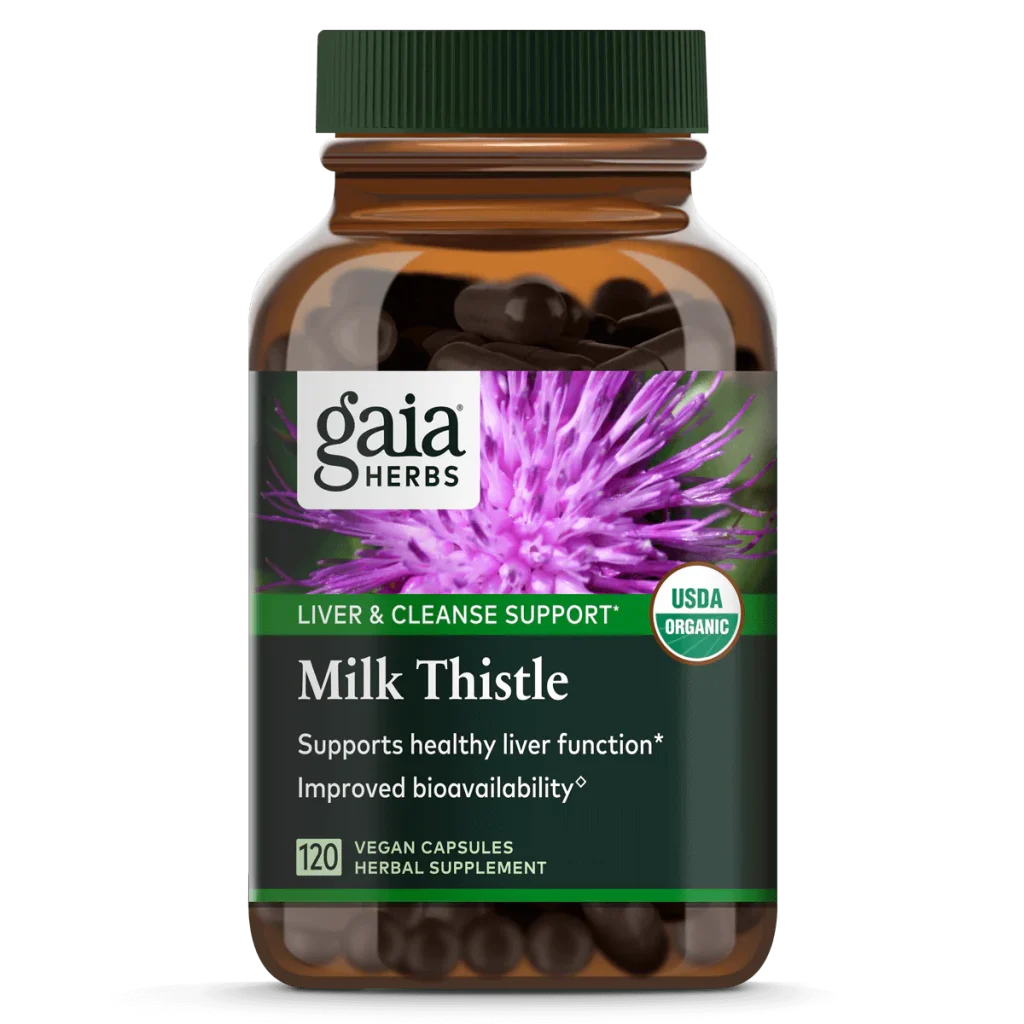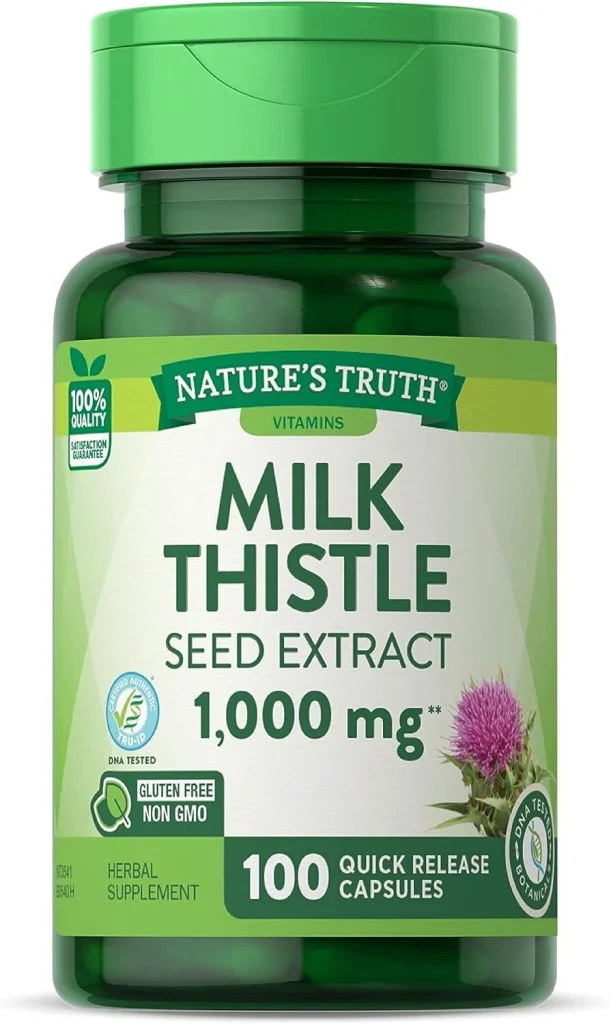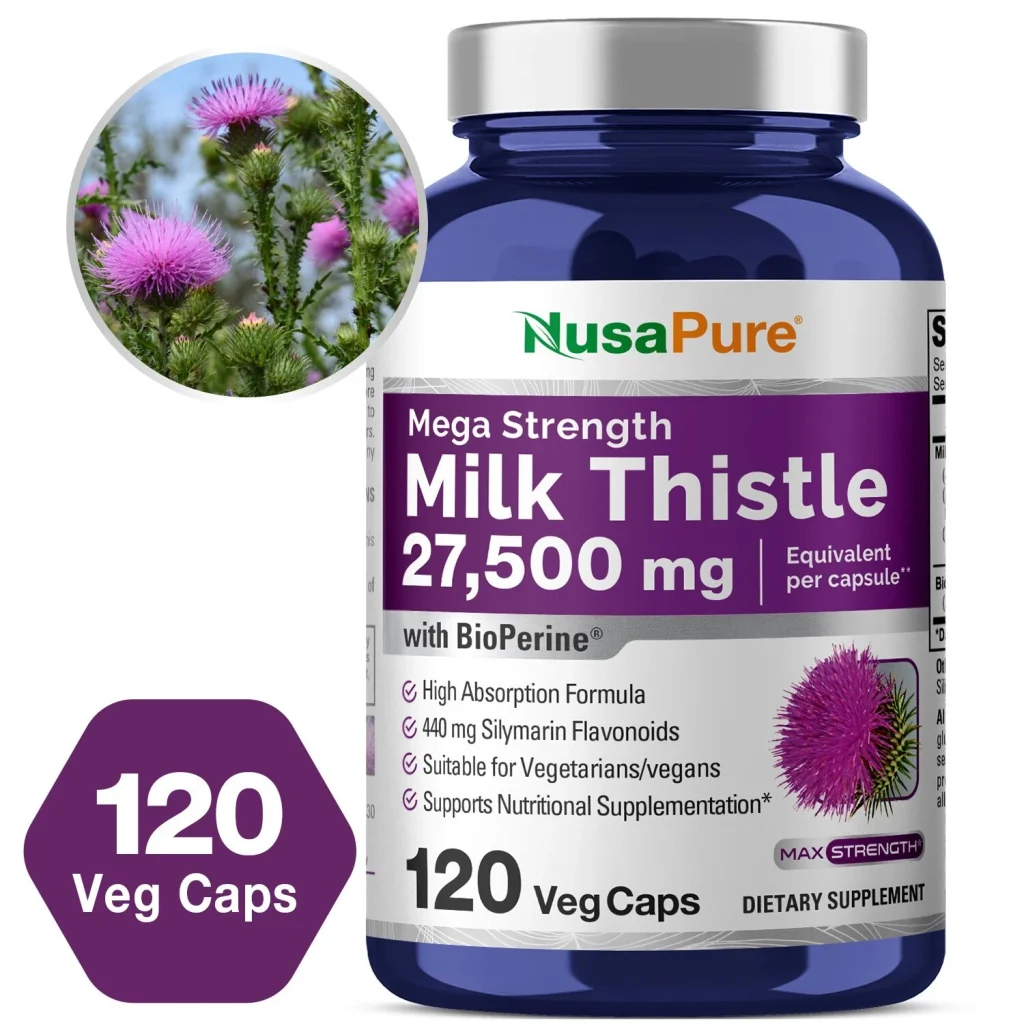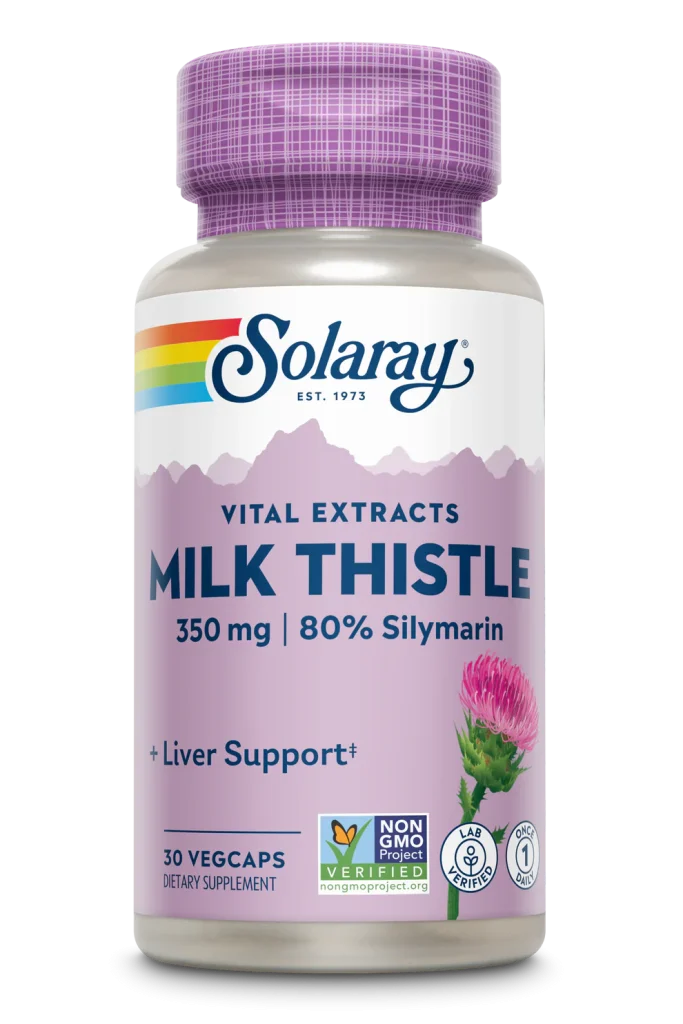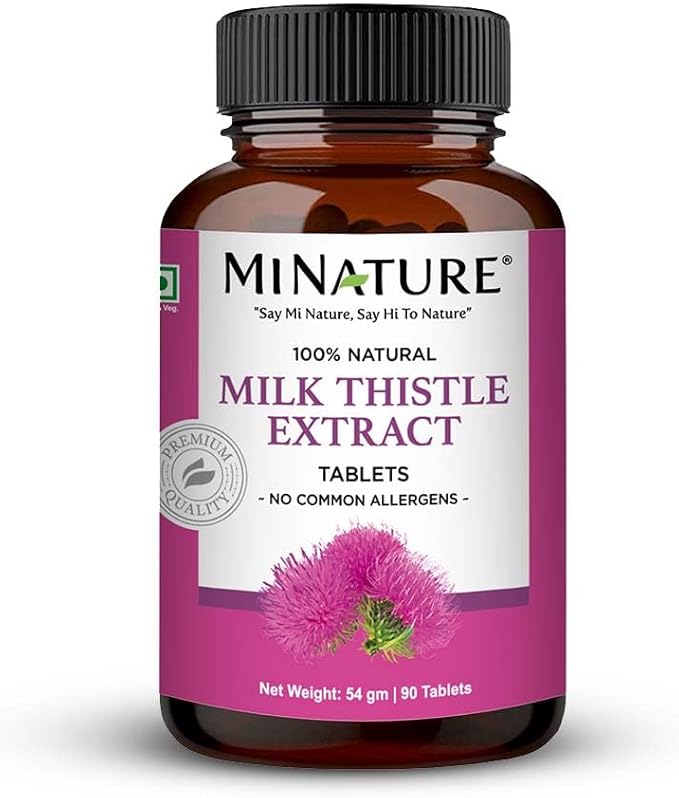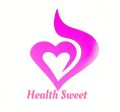What’s Milk Thistle Extract?
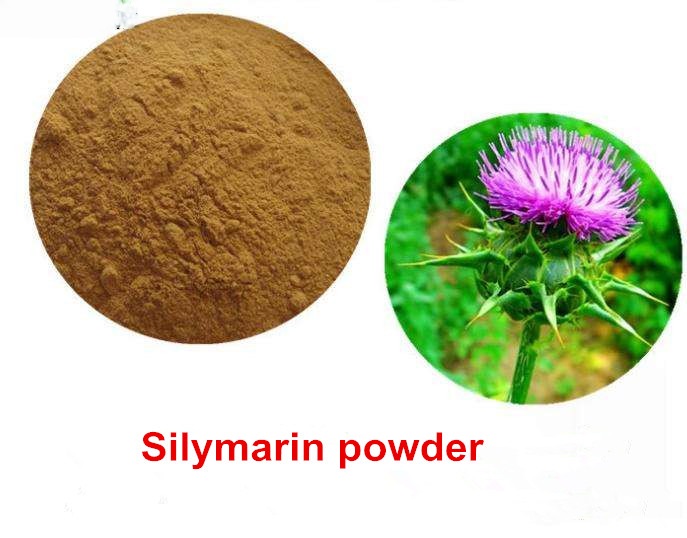
Milk thistle is a plant named for the white veins on its large prickly leaves.
One of the active ingredients in milk thistle called silymarin is extracted from the plant’s seeds. Silymarin is believed to have antioxidant properties. Milk thistle is sold as an oral capsule, tablet and liquid extract. People mainly use the supplement to treat liver conditions.
Milk thistle’s botanical name is Silybum marianum. The flowering plant is also commonly referred to as Mary thistle, holy thistle, Marian thistle, wild artichoke, Our Lady’s thistle, and St. Mary’s Thistle. Milk thistle is native to Europe and also found in South and North America.
While herbalists have touted the health benefits of milk thistle for centuries, it’s only in modern times that researchers have begun to understand its health benefits. Most existing research focuses on silymarin, the active ingredient in milk thistle believed to be the source of many of the plant’s health benefits. And much research has produced mixed results.
While more research is needed to confirm the benefits of milk thistle, here are some of the ways it can potentially help your health—and what else you should know before taking it.
Health Benefits of Milk Thistle
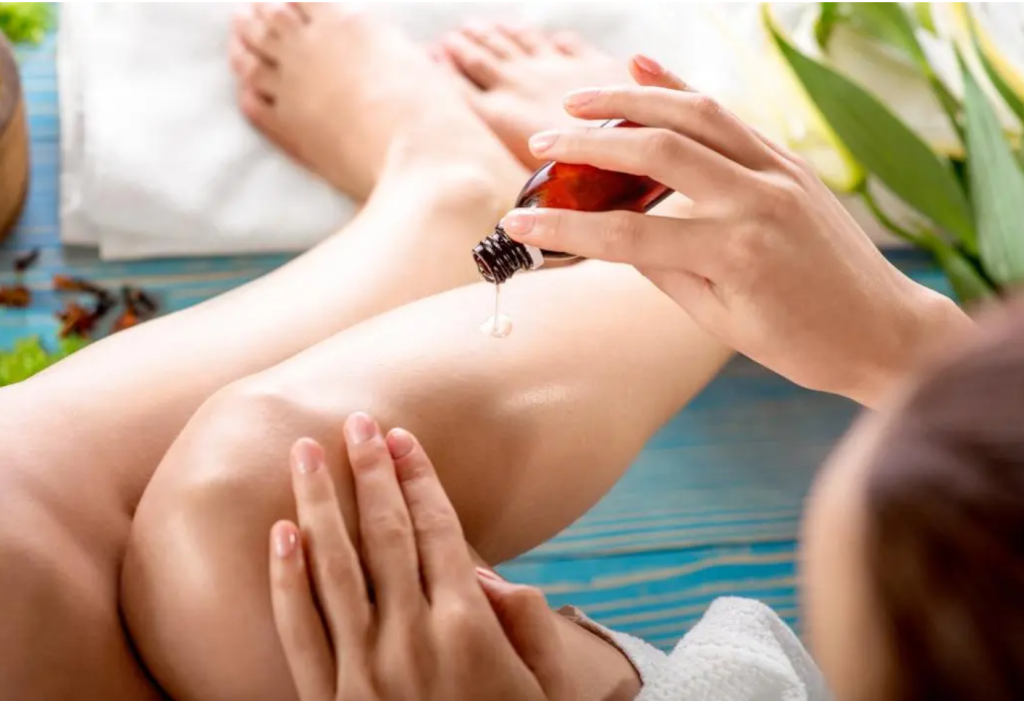
1.May Help Treat Liver Diseases
2.Could Reduce Inflammation
3.Can Act as an Antioxidant
4.May Help With Metabolic Syndrome
5.May Help Manage Diabetes
6.May Aid in Treating or Preventing Cancer
7.Can Help Treat Mushroom Poisoning
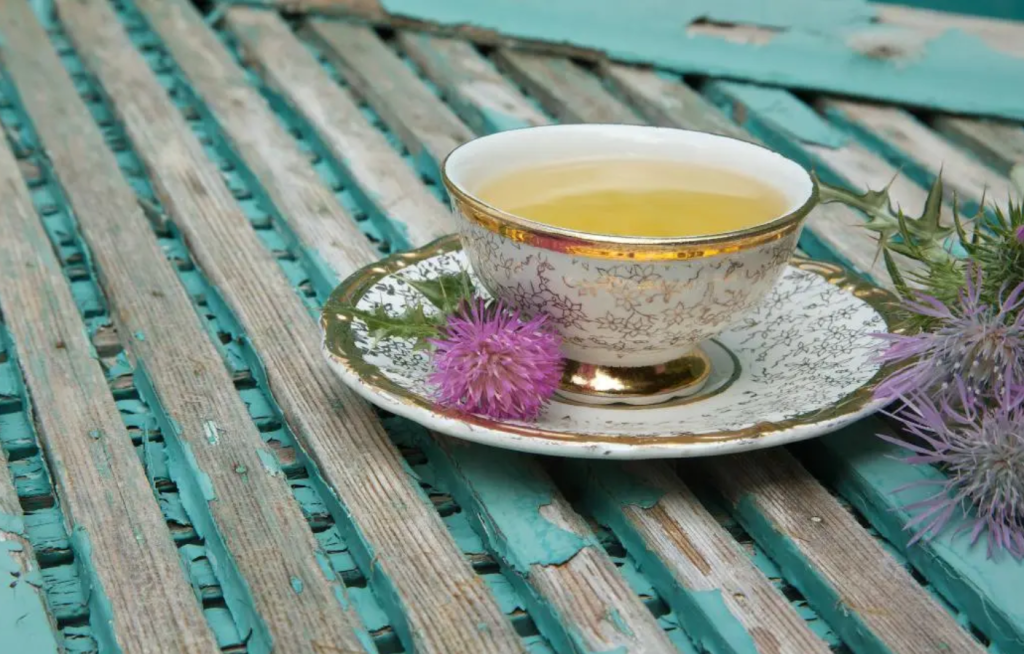
How To Take Milk Thistle Extract ?
As a supplement, milk thistle is usually given in capsule or pill form. The seeds of the milk thistle plant contain its active ingredients, and supplements are formed using extracts from these seeds.
Some people might also eat milk thistle. Its leaves are used in salad, and the fruit of its flower can be roasted and used in place of coffee.
Dosage of Milk Thistle Extract ?
There are no specific recommended dosages for milk thistle. In research settings over the past several decades, milk thistle extracts have most often been used in doses of 140 milligrams (mg), three times a day, for up to four years.9 Meanwhile, a 2019 review found that milk thistle was safe and well tolerated at daily doses up to 700 mg, three times a day, for up to 24 weeks. Some reported side effects at that dosage were nausea and diarrhea.
The recommended dosage has been found to vary widely between manufacturers. So on top of looking at the product’s directions, you should also speak to your healthcare provider for advice about how much milk thistle to take.
Also know that the makeup of milk thistle extract can vary. The products are typically standardized based on their silymarin content, the concentration of which usually ranges between 70%-80%.
Is Milk Thistle Extract Safe ?
Milk thistle is thought to be safe, even in relatively high dosages. However, some people may experience allergic reactions to milk thistle, especially if they are allergic to other plants or flowers in the same family as milk thistle, such as daisy, ragweed, marigold, or chrysanthemum.
Milk thistle hasn’t been studied in people who are pregnant or breastfeeding, so caution is advised among these populations.
What vitamins are in Milk Thistle Extract?
Milk thistle seeds contain silymarin. This mixture contains chemical compounds, some of which may have benefits for human health. These include:
- silybin
- isosilybin
- silychristin
- isosilychristin
- silydianin
- taxifolin
Most research has looked at the benefits of silymarin and silybin.
What To Look For Milk Thistle Extract ?
Herbal supplements like milk thistle are not regulated or approved by the FDA. For this reason, ingredients in capsules and tablets may vary, and it’s smart to exercise caution when purchasing milk thistle.
You should consider purchasing a supplement that has been third-party tested, such as by ConsumerLab or NSF International. These organizations set strict standards for supplement quality and safety.
You’ll also want to consider what form you’ll want to take milk thistle. Something you may want to keep in mind: A 2013 study found that whole milk thistle and whole seeds are more likely to be contaminated with fungus than capsules, liquid extracts, or tea bags.
The Main Brand of Milk Thistle Extract in the market
